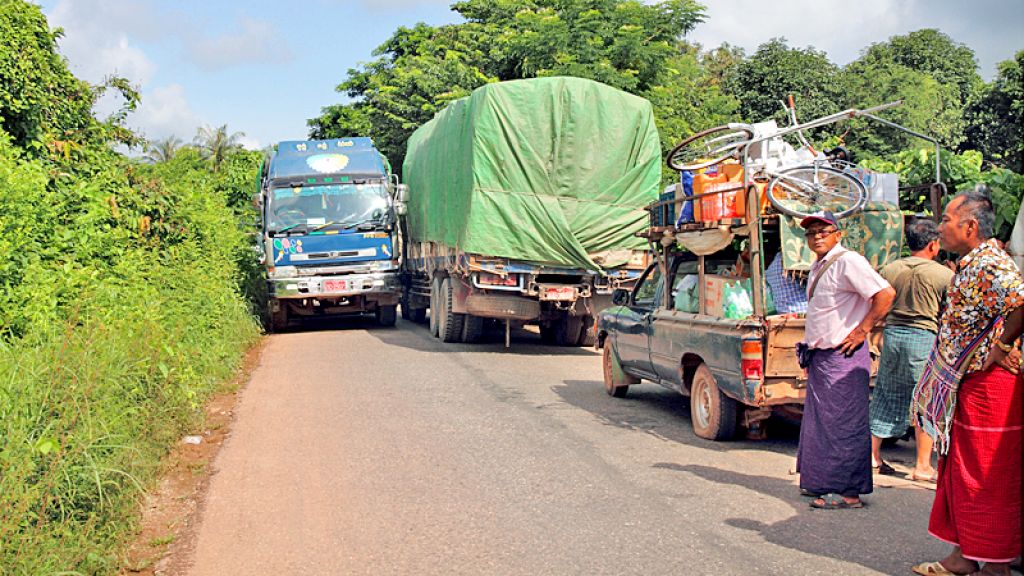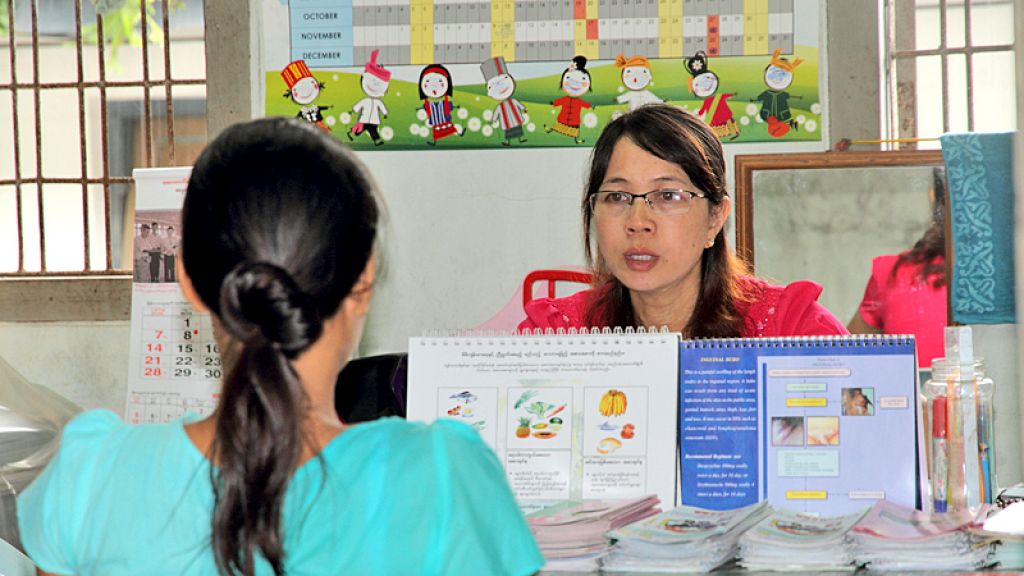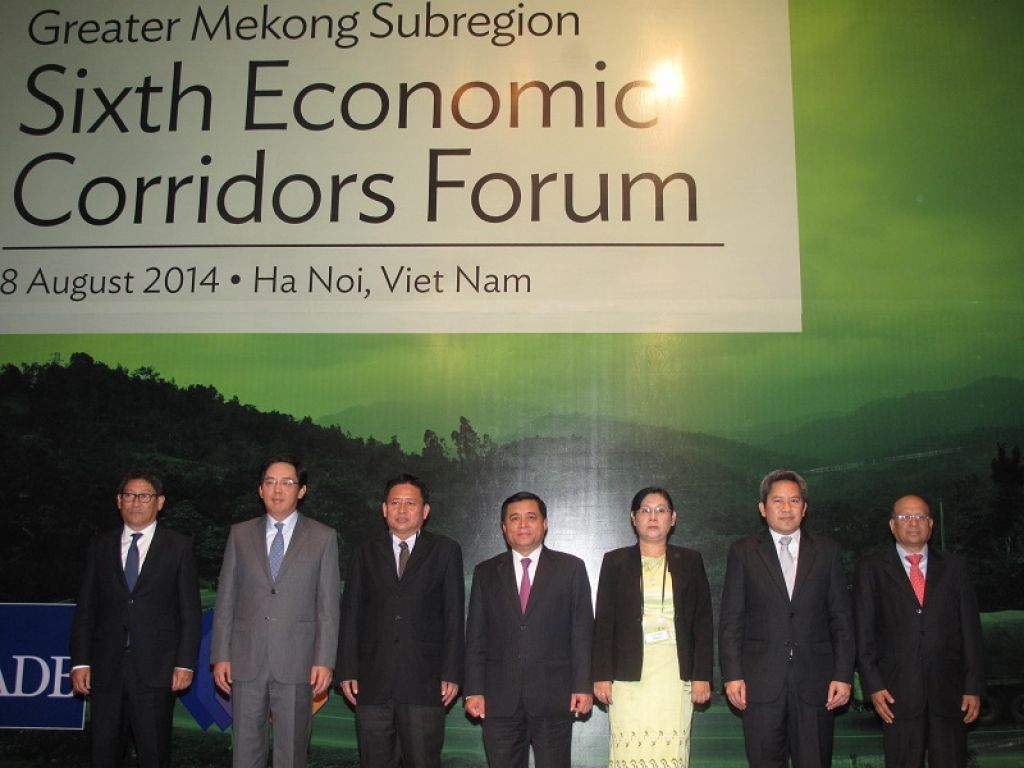
Heng Pich Chhay used to deliver fertilizer along a bumpy, muddy road in Kampot province to rice farms in his area. Today, he can reach every corner of Cambodia on the much-improved national road network. And his company has become one of the country’s biggest fertilizer distributors. Photo: ADB/Pring Samrang.
Better Roads Give New Life to Southern Cambodia
In Cambodia's Kampot province, local businesses thrive with the development of the Greater Mekong Subregion's Southern Coastal Corridor.




